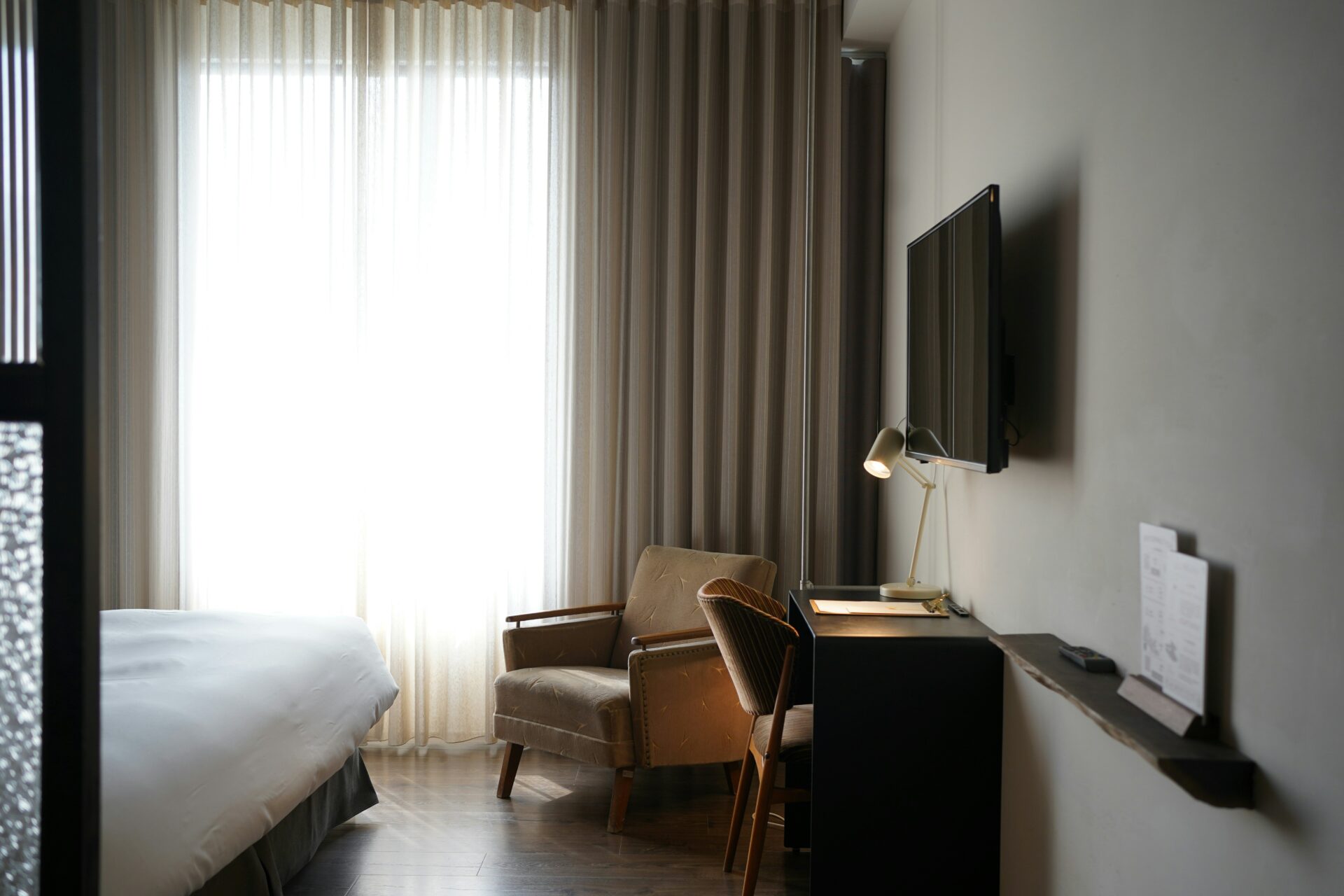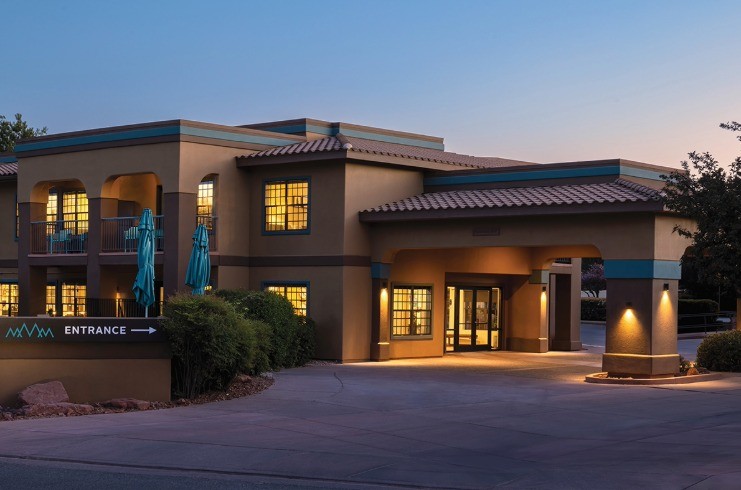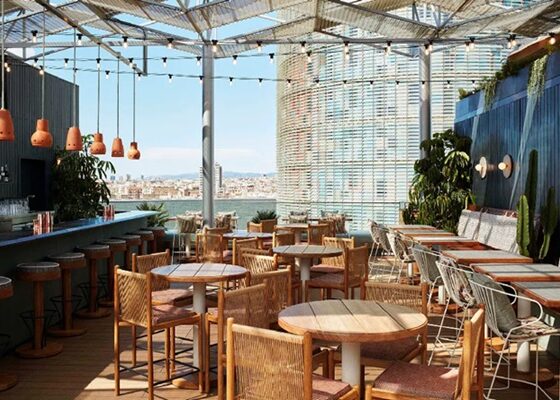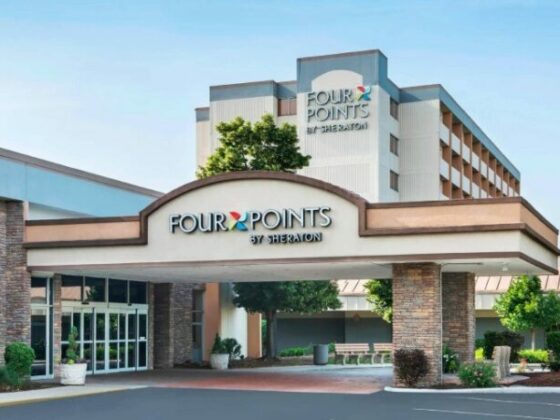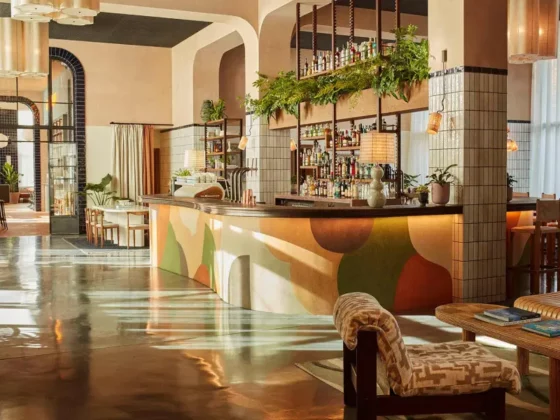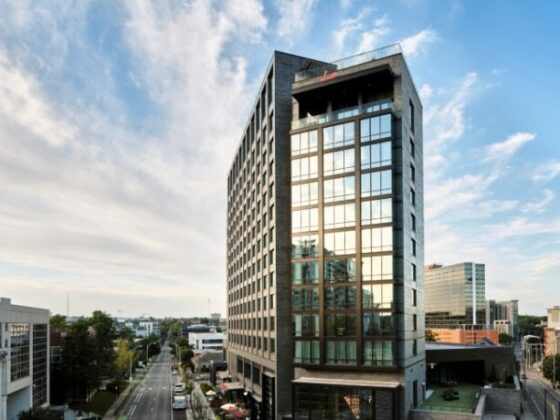However, adjusted EBITDA declined by 5%, reflecting a lower RevPAR and inflation-related cost pressures. Profit after tax dropped to €19.6 million, largely due to strategic review-related costs and non-cash accounting charges. Free cash flow remained strong at €45.7 million, with a per-share generation of 21.6 cents. On a ‘like-for-like’ basis, RevPAR decreased by 2%, with Dublin hotels outperforming the market. The group’s EBITDAR margin fell by 210 basis points to 37.5%, though operational efficiencies helped offset cost increases.
Since I took over as CEO, I have placed our people and our customers amongst my highest priorities. I am delighted to report that both our employee engagement scores, and customer satisfaction scores are at the highest levels in the history of Dalata. Innovation has also been a high priority and this year alone, we have rolled out a new CRM, a customer experience platform, a new revenue management system and a new recruitment tool. Our focus on sustainability continues to be recognised with industry leading scores across a range of third-party measurement platforms. – Dermot Crowley, Dalata Hotel Group CEO
Dalata’s expansion strategy also saw significant progress, with the acquisition of hotels in prime capital city locations. This includes the 274-bedroom Clayton Hotel Tiergarten in Berlin, the 243-bedroom Clayton Hotel Valdebebas in Madrid, and the rebranding of the Radisson Blu Hotel Dublin Airport to Clayton. Construction continues on several new projects, including Maldron Hotel Croke Park in Dublin and Clayton Hotel St. Andrew Square in Edinburgh. With a strong development pipeline, Dalata is on track to increase its global presence and add over 1,000 rooms to its portfolio, with additional extension potential at Dublin Airport.
In terms of financial health, Dalata maintains a robust position with hotel assets valued at €1.8 billion and a disciplined capital allocation strategy. The company continues to invest in refurbishments, with €11.4 million spent on upgrades during H1 2025. It has a well-maintained portfolio, with 74% of its assets in key urban markets, ensuring future growth potential. The group also continued its focus on sustainability, achieving a 37% reduction in carbon emissions per room sold and securing top industry ratings from Sustainalytics and MSCI.
Dalata’s strategic review, launched in March 2025, led to the recommendation of an acquisition by Pandox Ireland Tuck Limited, backed by Pandox AB and Eiendomsspar AS. The proposed all-cash offer of €6.45 per share represents a 49.7% premium to the twelve-month average share price, marking a favorable outcome for shareholders. Pending shareholder approval on September 11th, 2025, this acquisition will likely mark the end of Dalata’s tenure as a publicly listed company.
Despite the potential for distraction by the strategic review, our team remained focused and delivered a very strong operational performance as well as continuing to grow our development pipeline. Notwithstanding the external commentary of a challenging year for tourism in Ireland, on a ‘like for like’ basis, our RevPAR in Dublin and Regional Ireland is at the same level as the same period last year. However, continued increases in costs and especially pay rates puts downward pressure on our margins. The UK market has been more challenging, and this has impacted on our RevPAR performance with a 3.5% reduction versus last year. Our focus on innovation and looking for smarter ways to do things has helped to protect our margins across all geographies. – Dermot Crowley, Dalata Hotel Group CEO
The company remains optimistic about its future, citing strong demand levels, ongoing brand growth, and a solid foundation for continued success.
This article was written with the help of artificial intelligence using official information.

